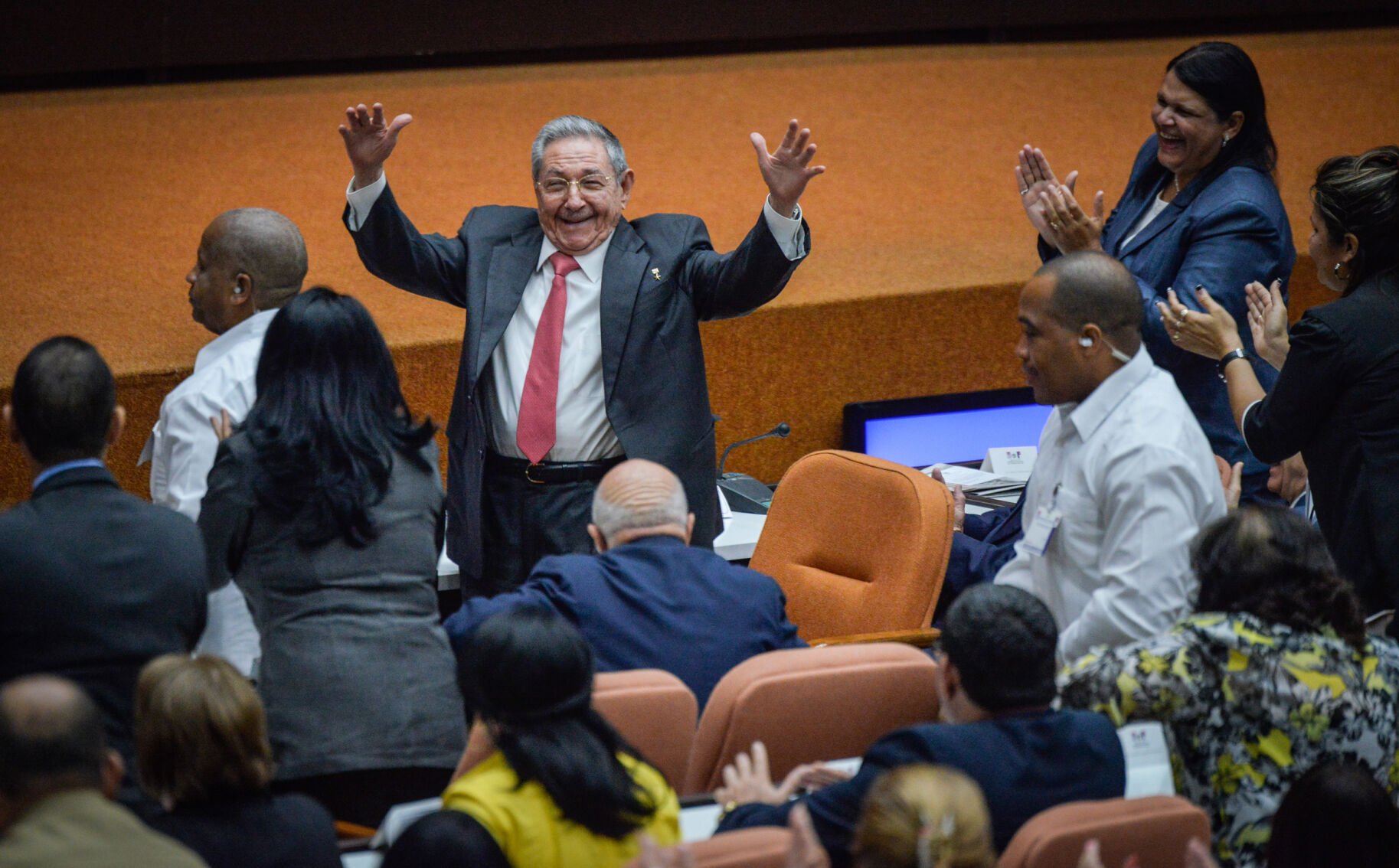The 94-year-old Raúl Castro, considered officially retired, recently presided over a rare national defense council meeting in Havana. With concerns brewing over potential U.S. influence in Venezuela’s political crisis, Castro’s move reaffirms his enduring power at a critical moment for Cuba’s future.
With eyes on Venezuela, Cuba asserts Raúl Castro is its leader and in charge of defense

Key Takeaways:
- Raúl Castro, at 94, returned to the public stage.
- Despite retirement, Castro led a rare defense council session.
- Fears of U.S.-provoked regime change are on the rise in Havana.
- Venezuela’s crisis plays a key role in Cuban concerns.
- Castro’s reemergence underscores his continued political influence.
Raúl Castro’s Return to the Public Stage
Raúl Castro, 94, has reclaimed the spotlight in Cuban politics by presiding over a national defense council meeting in Havana. Although he was ostensibly retired, this appearance underscores his significance as the island’s foremost power figure.
A Rare Defense Council Gathering
Cuba rarely convenes defense council meetings in such a public manner. That Castro himself led the gathering highlights the symbolic weight of the moment. Even in official retirement, he retains substantial authority over military and governmental decisions.
Fears of U.S. Involvement
According to Cuban officials, there is increasing concern that the United States might provoke a regime change, especially in light of ongoing tensions in Venezuela. This defense council meeting, led by Castro, reflects Havana’s vigilance. Many see it as a strategic move to consolidate leadership and demonstrate readiness for any external interference.
Implications for Cuba
The reinforcement of Castro’s leadership role indicates that the government remains highly cautious about its regional standing. The defense council’s session could influence Cuba’s efforts to counter potential threats. Though it is unclear if this signals a permanent or symbolic reinstatement of his authority, Castro’s reemergence underscores his enduring centrality in Cuban political life.











